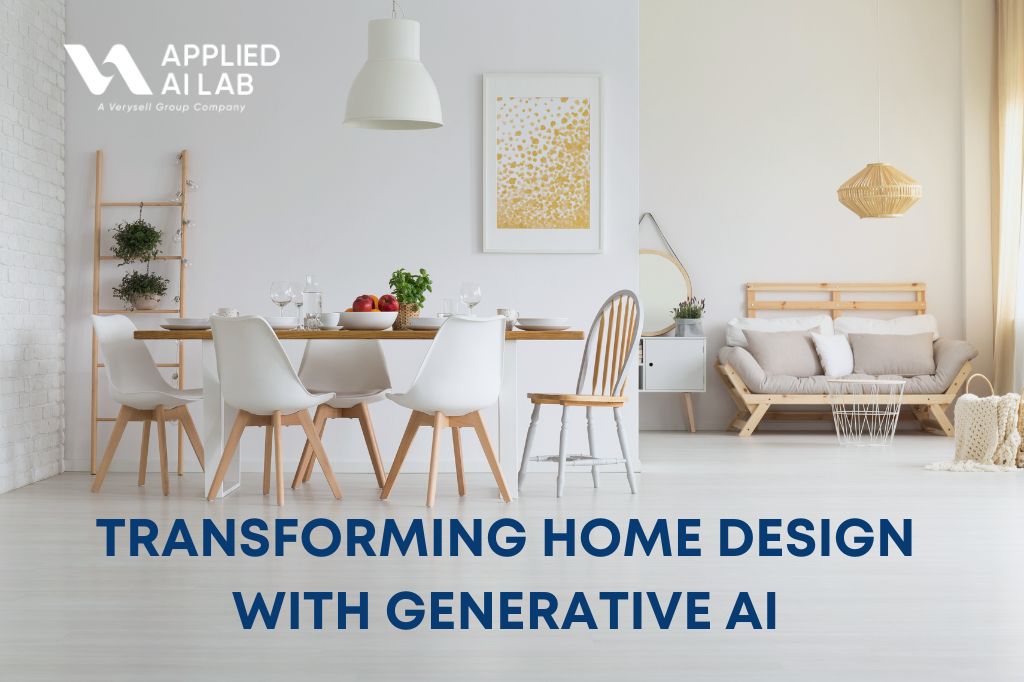
Business Challenges
In the realm of real estate, envisioning the potential of a new home can often be challenging, particularly when faced with empty rooms devoid of furniture and décor. This case study delves into how a major real estate company in the US harnessed Generative AI technology to empower potential buyers with a unique virtual design tool. By leveraging GenAI Image Editing Technology, the company aimed to provide users with the ability to personalize and decorate empty room images according to their individual preferences.
AI Solution
The solution introduced by the real estate company involved the development of a web-based application powered by Generative AI. Users begin by uploading photos of empty rooms within listed properties. Through a text prompt interface, users describe their desired décor using keywords and phrases, such as “modern living room with blue sofa” or “minimalist bedroom with greenery.” The Generative AI engine then comes into play, utilizing advanced image editing algorithms to analyze the uploaded image and user prompt. Subsequently, it virtually adds furniture, changes colors, and adjusts details based on the provided description. The application provides real-time visualization, allowing users to instantly see the transformed image reflecting their preferences, thus enabling iterative design and exploration. Additionally, the application generates different variations of the decorated room, offering users a selection to choose from or further refine.
Expected Outcome
The introduction of Generative AI technology in home design offers numerous benefits and anticipated outcomes. Firstly, it facilitates the decision-making process of customers by allowing them to visualize furniture and décor in empty rooms in real time. This enhanced visualization capability is expected to boost the conversion rate of the real estate company, as potential buyers can better envision themselves in the space. Additionally, the application streamlines the home design process, saving both time and resources for both buyers and sellers. By harnessing the power of AI, the real estate industry stands to benefit from increased efficiency, enhanced customer experience, and ultimately, improved business outcomes.
In summary, the integration of Generative AI technology into the home design process represents a significant advancement in the real estate industry. By leveraging AI-driven solutions, real estate companies can better meet the needs and preferences of their customers, ultimately driving growth, efficiency, and competitiveness in the market. This innovation not only transforms the way homes are designed and marketed but also sets a new standard for personalized and immersive experiences in the real estate sector.











